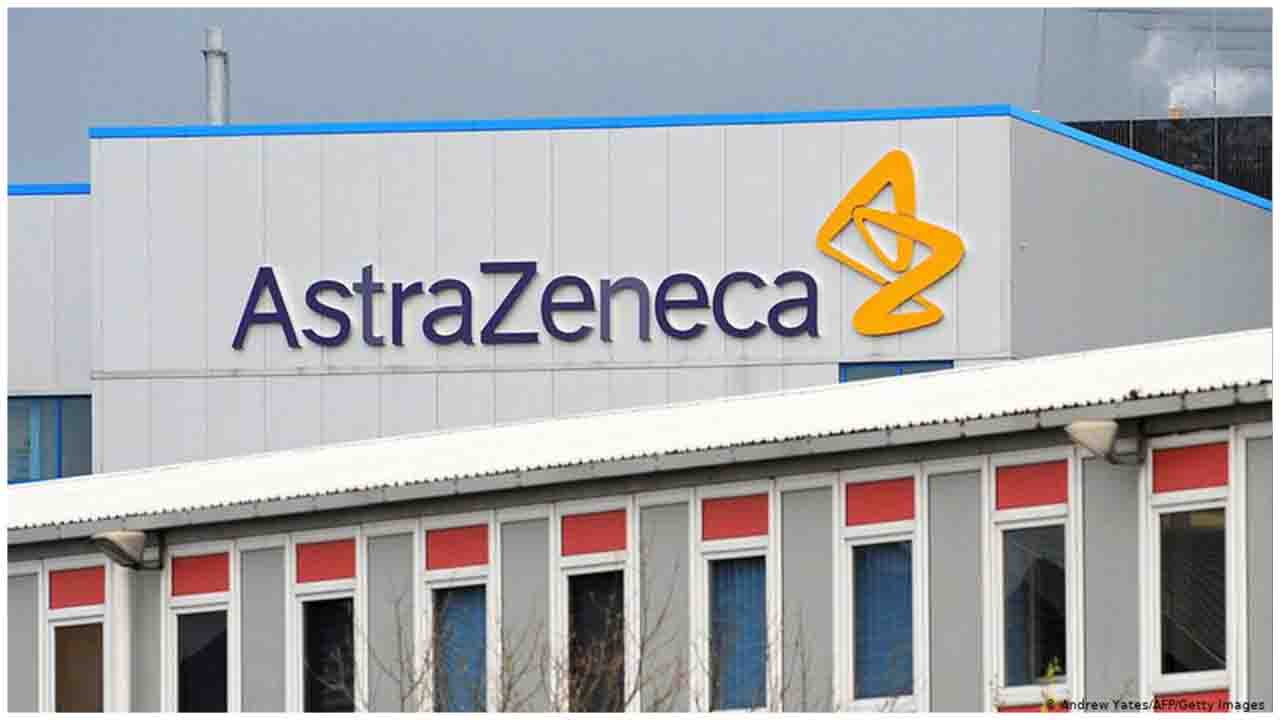AstraZeneca’s Brilinta (ticagrelor) has been approved in the US to reduce the risk of stroke, a leading cause of disability and death worldwide, in patients with acute ischemic stroke (National Institutes of Health Stroke Scale score ≤5) or high-risk transient ischaemic attack (TIA).
The approval by the US Food and Drug Administration (FDA) was based on positive results from the THALES Phase III trial that showed aspirin plus Brilinta 90mg significantly reduced the rate of the composite of stroke and death compared to aspirin alone in patients with acute ischaemic stroke or TIA.1 The decision follows the Priority Review designation granted by the FDA in July 2020.
Dr. Clay Johnston, lead investigator for the THALES Phase III trial and Dean of the Dell Medical School at The University of Texas in Austin, US, said: “One in four patients who have had a stroke will experience a second one, with the risk particularly high within the first 30 days. The approval of Brilinta in combination with aspirin is an important advancement to reduce the risk of recurrent stroke and much-awaited good news for physicians and patients.”
Mene Pangalos, Executive Vice President, BioPharmaceuticals R&D, said: “In the US, someone has a stroke every 40 seconds and the impact on a person’s life can be truly devastating. Brilinta is a well-established medicine across patients with coronary artery disease and with today’s approval, we can now expand its potential to patients with an acute ischaemic stroke or transient ischemic attack.”
The THALES trial demonstrated that Brilinta 90mg used twice daily and taken with daily aspirin for 30 days, reduced the rate of the primary composite endpoint of stroke and death by 17% (absolute risk reduction = 1.1%; hazard ratio 0.83; 95% confidence interval 0.71-0.96, p=0.015), compared to aspirin alone in patients with an acute ischemic stroke or TIA.1 This was a statistically significant and clinically meaningful reduction. The primary composite endpoint was driven by a reduction in stroke.

 New indication expands use of Brilinta beyond the cardiovascular disease to patients with mild-to-moderate stroke
New indication expands use of Brilinta beyond the cardiovascular disease to patients with mild-to-moderate stroke



















.jpeg)










.jpg)
.jpeg)